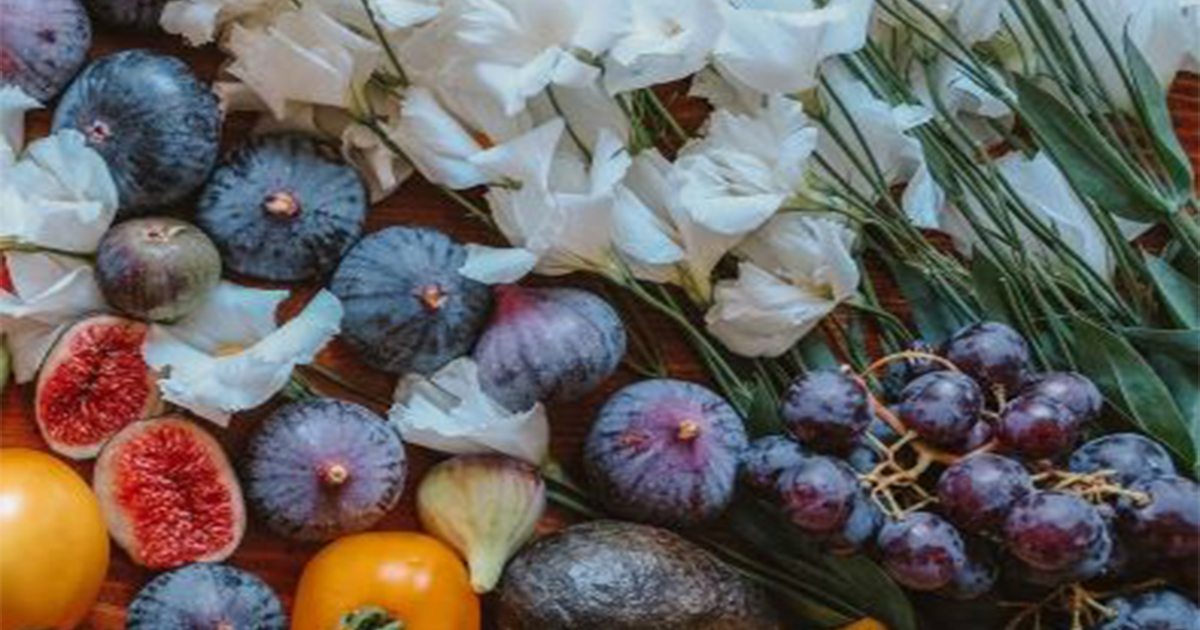The Oxymoron of Abundance and COVID-19

A reflection by Annika Voltan, Executive Director of Inspiring Communities
______________
In March 2020, Cari Patterson, our Director of Research and Evaluation, reflected on how systems change is showing up during the pandemic response. This piece builds on her ideas and further ponders what might be possible.
I’m relatively new to the social sector. My foray in was when I became the Director of a project called Inspiring Communities in 2016 after having spent most of my professional life in government, interspersed with dabbles in the private and academic sectors. It didn’t take long to notice that despite the seemingly common goals of many nonprofits and social enterprises, competition is deeply embedded in organizations and changemakers in a way that rivals the private sector. The more I develop relationships with others in the field, the more I’ve come to realize that others share this awareness and, for the most part, are equally perplexed by it.
You don’t have to dig too deep to understand that much of the competition stems from the scarcity that exists – both real and perceived. Decades (at least) of inadequate funding and being undervalued have led to the feeling of needing to “preserve our piece of the pie” by not sharing knowledge or working with others in ways that might negatively impact our unique value proposition, or affect our ability to secure grants, donations and other income opportunities. This scarcity mindset leads to fragmentation, silos, low tolerance for taking risks, and – ultimately – organizational failure and burnout.
Enter the time of COVID-19. One would expect that during this period of social isolation, restrictions, fear, economic loss and uncertainty about what’s to come would lead to hoarding, preservation and a heightened sense of scarcity. We’ve seen signs of those behaviours in the great toilet paper debacle, huge grocery orders, and stories of people profiting from the resale of Lysol wipes. And, of course, many will suffer as a result of job losses and increased anxiety.
BUT, perhaps unexpectedly, in our region I’d suggest that we’re seeing even greater accounts of abundance from collaboration and community building. For example, having worked in multiple levels of government, I’m familiar with the challenges of working collaboratively across departments. And yet I’ve recently been witness to amazing collaboration, resource sharing and responsiveness within our provincial government. I’ve had the privilege of coordinating a pilot project that engages local restaurants in rural Nova Scotia to prepare meals for school students in need of food through an online ordering system (I’ll write more about that project soon!). The pilot focused on four communities in Cape Breton and has engaged multiple government departments, school staff, community organizations, restaurants and other businesses. No matter what was asked, not one person/organization said they weren’t up for the task. As a result of their commitment to community and willingness to do what was needed, in the first four weeks, over 8000 meals were delivered to students.
An oxymoron is a group of words that is self-contradicting – like COVID-19 and abundance. But perhaps it’s not surprising at all. Some are referring to this time as The Great Pause – a concept reminiscent of The Great Turning, coined by Joanna Macy long before the pandemic hit. It’s a time for reflection and contemplation about what a different future could look like. Now, perhaps more than ever, the currency of social capital is rising in value with the potential to be a greater motivator for behaviour than financial capital – if we seize the opportunity to live differently.
Recently, I finally found the time to read “Emergent Strategy: Shaping Change, Changing Worlds” by Adrienne Maree Brown ¹ . She notes that working collaboratively is essential – even if it feels contradictory to preserving our own inner “specialness”. I’ll leave you with this quote that sums up the shift from individualism to collectivism that COVID-19 – ironically – has the potential to push us toward… if we let it.
Most of us are socialized towards independence – pulling ourselves up by our bootstraps, working on our own to develop, to survive, to win at life. Competition is the way we hone our skill and comfort with the opposite of mutual reliance – we learn to feel proud about how much we achieve as individuals, and sometimes, to actively bring others down in order to get ahead. […]
The idea of interdependence is that we can meet each other’s needs in a variety of ways, that we can truly lean on others and they can lean on us. It means we have to decentralize our idea of where solutions and decisions happen, where ideas come from. (p.87)
¹Sidenote: as I looked up her website to hyperlink for this reflection piece, on her front page was a poem she wrote in response to the idea that “COVID-19 is here to teach us boundaries, and to teach us we don’t need capitalism/greed/individualist society for abundance.”
Share this:
Comments are closed